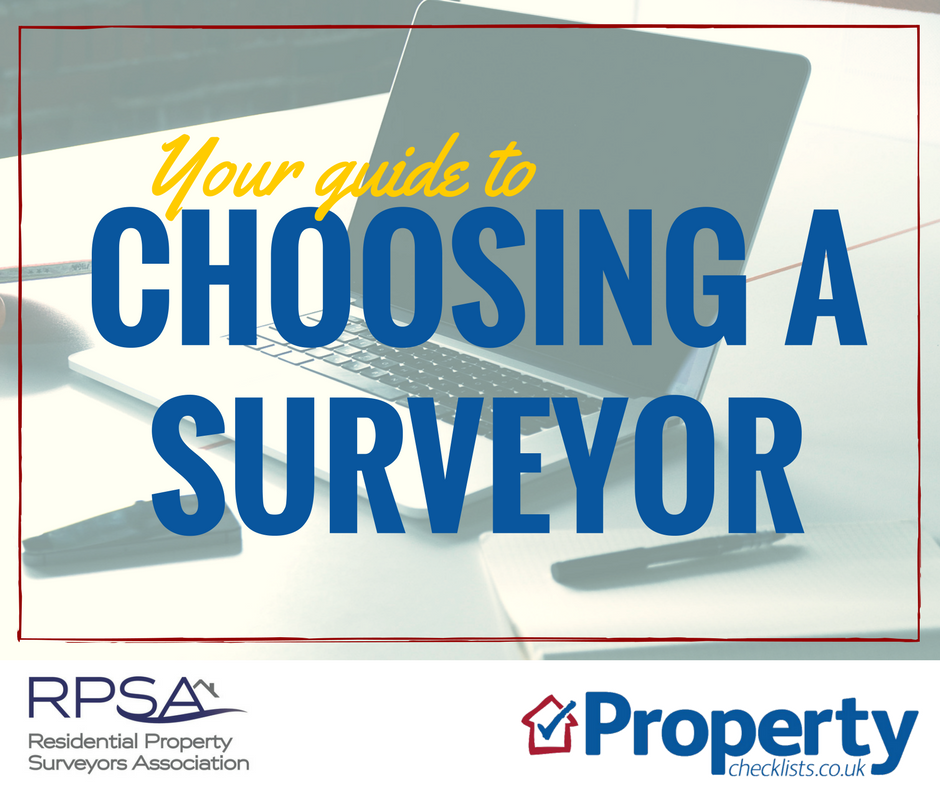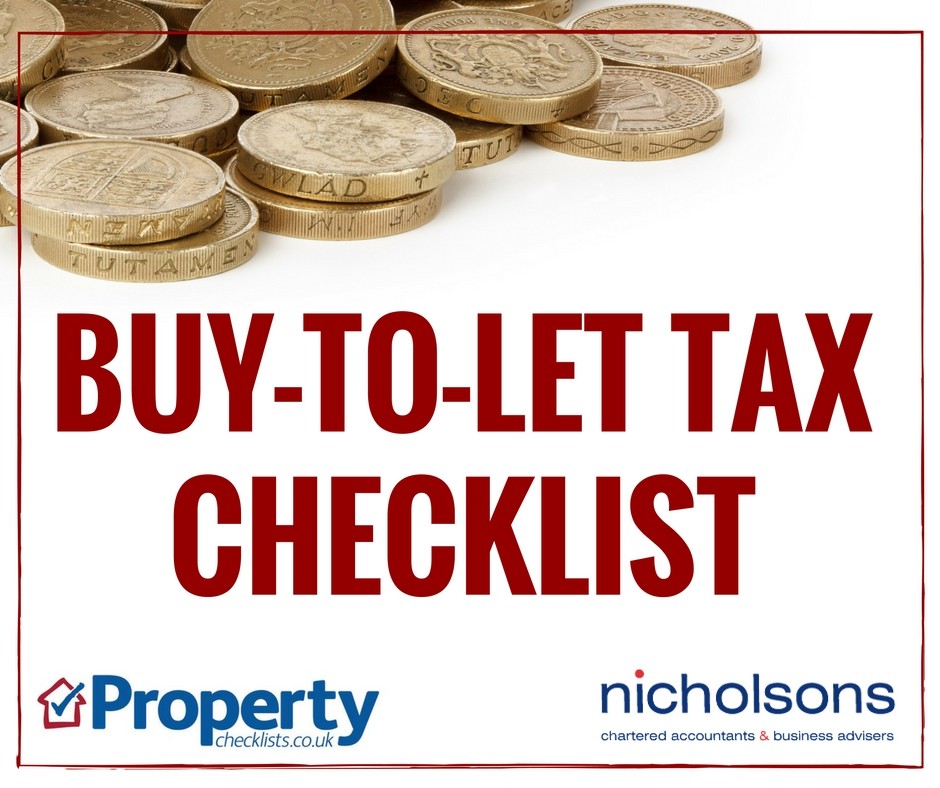
The honest answer is, not really!
There are two reasons for this:
It’s very tricky to predict what happens to property prices, especially in the short term. This is because the market going up or down is heavily influenced by consumer confidence of what is going to happen. This can be changed ‘overnight’ for example, if a major newspaper says that property prices are going to fall, buyers tend to hold off, waiting for prices to fall. Sellers then panic – especially if they have to sell – and drop their prices. So even if the market wouldn’t have fallen, just the mere ‘hint’ of prices falling can ‘turn off the tap’ and force price falls.
However, this ‘immediate’ impact on the market is starting to wane and the reasons for this are:-
These are, quite frankly, a rubbish indicator of an individual’s property price in today’s market, and as a result, so are forecasted changes to prices!
According to the government’s Land Registry:
"As of March 2023, the average house price in the UK is £285,009, and the index stands at 149.48. Property prices have fallen by 1.2% compared to the previous month, and risen by 4.1% compared to the previous year."
The problem is that this ‘average’ of £285,009 distorts what prices are paid for in each area, let alone for an individual property.
To see how much this average misleads people, read our articles on ‘Why property price averages don’t help those buying and selling a home’.
And it’s the same for the forecasts. Forecasts are either for:-
And we know from working on individual prices that just because London is forecast to rise by 5% or even 10%, there are some properties in London that will fall in value for lots of reasons, some that will stay the same and some that may even increase by double the forecast. And we have seen this pretty much every year for the last 15 years.
A good example is all the talk of ‘double digit’ growth during the pandemic must have been very frustrating for anyone living in Aberdeen where prices have fallen by 37% for flats and 25% for houses since 2015.
And this is despite the rest of Scotland seeing some really good price growth – some of which was predicted.
We track and keep the forecasts from the likes of Savills, Knight Frank, Hamptons, JLL and CEBR.
You can see from the table below that Savills’ forecasts for 2022 in November 21 were way off – as were everyone else’s forecasts!
Basically, we expected the economy to not be too successful in 2022 and although rates were predicted to start rising towards the end of this year, forecasts expected us to go back to ‘normal’ rises of 3-5% during the year, however, in actual fact they rose from 5.7% in Scotland to 12.3% in the East Midlands.
So, what happened in 2022 to derail the forecasts? Basically, the start of the year through to the summer was extremely buoyant, much more so than expected. As a result, prices rose much more than forecast. They did start to slow around summer time – and with hindsight, August appears to be the peak of the market. However, next, the Liz Truss government managed to crash what was an OK market with the rapid impact on mortgage rates – and huge number of mortgage withdrawals. But even this didn’t stop 2022 being a much better performing year than expected due to good growth earlier in the year.
Looking at 2023, you can see above, the forecasts and actuals that we have to date. Again, forecasters have so far been much more pessimistic than the property price indices are showing to date.
However, with the latest news that bank base rates and mortgage rates may rise further than the 4.5-4.75% predicted, this could mean that when we get to ‘actual figures’ property prices in 2023 may well fall by the 10% most forecasters have predicted.
In reality, the property price forecasts, certainly in the short term, are difficult to predict, mainly now because we are not seeing consumer confidence as easy to dent as it has been in the past.
To some extent, since the pandemic we are finding that just because the economy is having a tough time, this definitely doesn’t guarantee property prices will fall as they have in the past.
This is not just because of people’s confidence, it’s because over 50% of people own outright – without a mortgage – and when people buy, 50% are doing so with cash or a mortgage Loan to Value of less than 50%. So, in the past, these huge rises in mortgage rates would have crashed the market before, but even though people are affected, they are not as over geared as they have been in the past and many can either still cope or lenders have facilities to help them reduce or even take a holiday from their payments if needed. Basically lenders will do anything they can to prevent repossessions and it’s the latter problem that really causes property prices to crash.
The main good news on the forecast front is that the number of properties we sell and the forecasts to sell are pretty good.
On average, we buy/sell 1.2 million homes a year, but this can vary from 800,000 during a recession through to 1.6mn when things really go bonkers – as they did during the pandemic.
Here are the actual sales for the last seven years and the forecasts for 2023:
So far, we are tracking to achieve around 1mn home sales, but we need to see the impact of the recent rate rises over the summer before we are 100% sure this will be the number of homes that are sold.
Typically, these have been much easier to predict because they tend to move in line with wages.
Below you can see how rents have increased over time from the government’s ONS charts.
Source: ONS
Typically, rents don’t rise or fall by more than +/-4%, apart from the last 18 months where we have seen larger wage rises than we have seen for a long time.
Source: ONS
Rental forecasts moving forward are expected to reduce down, but still perform better than they have historically.
Source: Knight Frank
Source: Hamptons
Also, we haven’t seen the huge supply vs demand problem as we are seeing currently. Sadly, this was very much caused by government policies which tried to restrict landlords from investing and indeed encouraged them to sell. Although the policy met its objectives, the government had failed to realise that this would worsen the housing crisis substantially and particularly those that rent with benefits, having had their Local Housing Allowance frozen, this has meant many simply can’t now find properties to rent and they have no choice but to live in temporary accommodation or on the streets.
Sadly, rents don’t get the attention from a forecast perspective as prices, and there are also two rental measures – for renewing rents (more ONS) versus new lets (Zoopla, Rightmove etc) the latter of which tend to be a lot higher.
So rental forecasts are even less helpful than the property price ones!
Basically, they have some uses, just to know what the experts think will happen, but property prices/rents are so individual to properties and their location, they aren’t much use to individual buyers, sellers and investors.
What’s more useful is watching what happens to marketing prices over a few months – are they going up or down, is the time it takes to sell going up or down? And looking at sold property price data over time, seeing how the property performed during the credit crunch, how long it took to recover to previous heights and how well it’s done since then.
Read our latest property price and rents for the UK, country, regions and cities/towns, here.
| Choosing a surveyor and type of survey - RPSA |
Passing on your property wealth - Chase de Vere |
Buy to let tax - Nicholsons |
 |
 |
 |